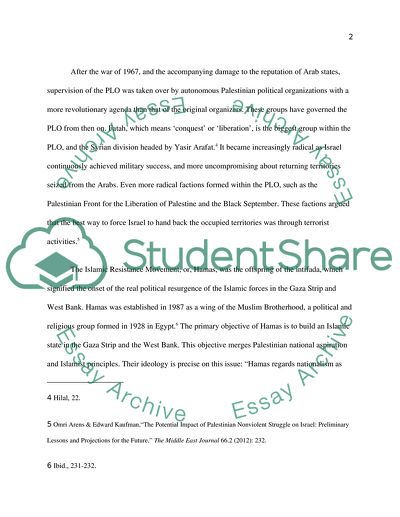Cite this document
(“Ethno Nationalist Terrorism Essay Example | Topics and Well Written Essays - 2500 words”, n.d.)
Retrieved from https://studentshare.org/military/1694888-ethno-nationalist-terrorism
Retrieved from https://studentshare.org/military/1694888-ethno-nationalist-terrorism
(Ethno Nationalist Terrorism Essay Example | Topics and Well Written Essays - 2500 Words)
https://studentshare.org/military/1694888-ethno-nationalist-terrorism.
https://studentshare.org/military/1694888-ethno-nationalist-terrorism.
“Ethno Nationalist Terrorism Essay Example | Topics and Well Written Essays - 2500 Words”, n.d. https://studentshare.org/military/1694888-ethno-nationalist-terrorism.


